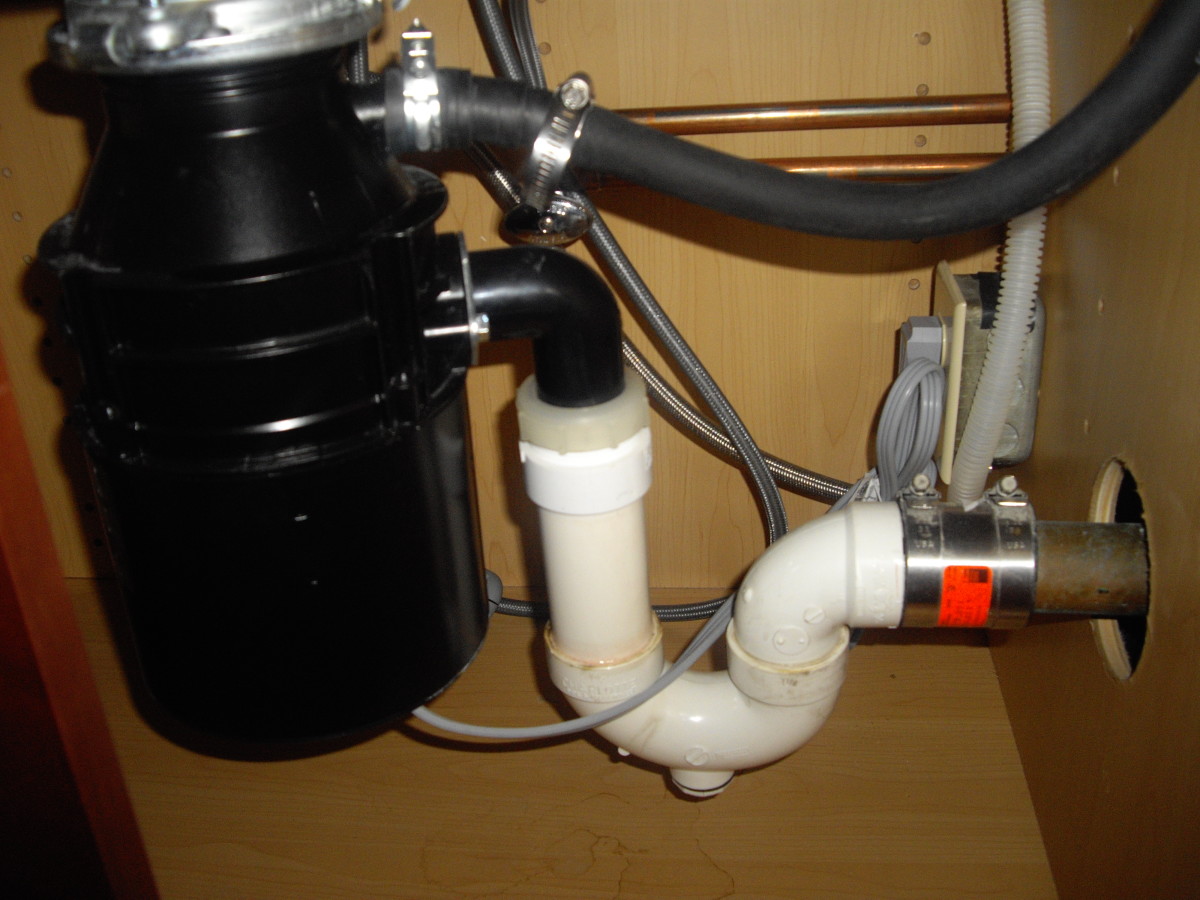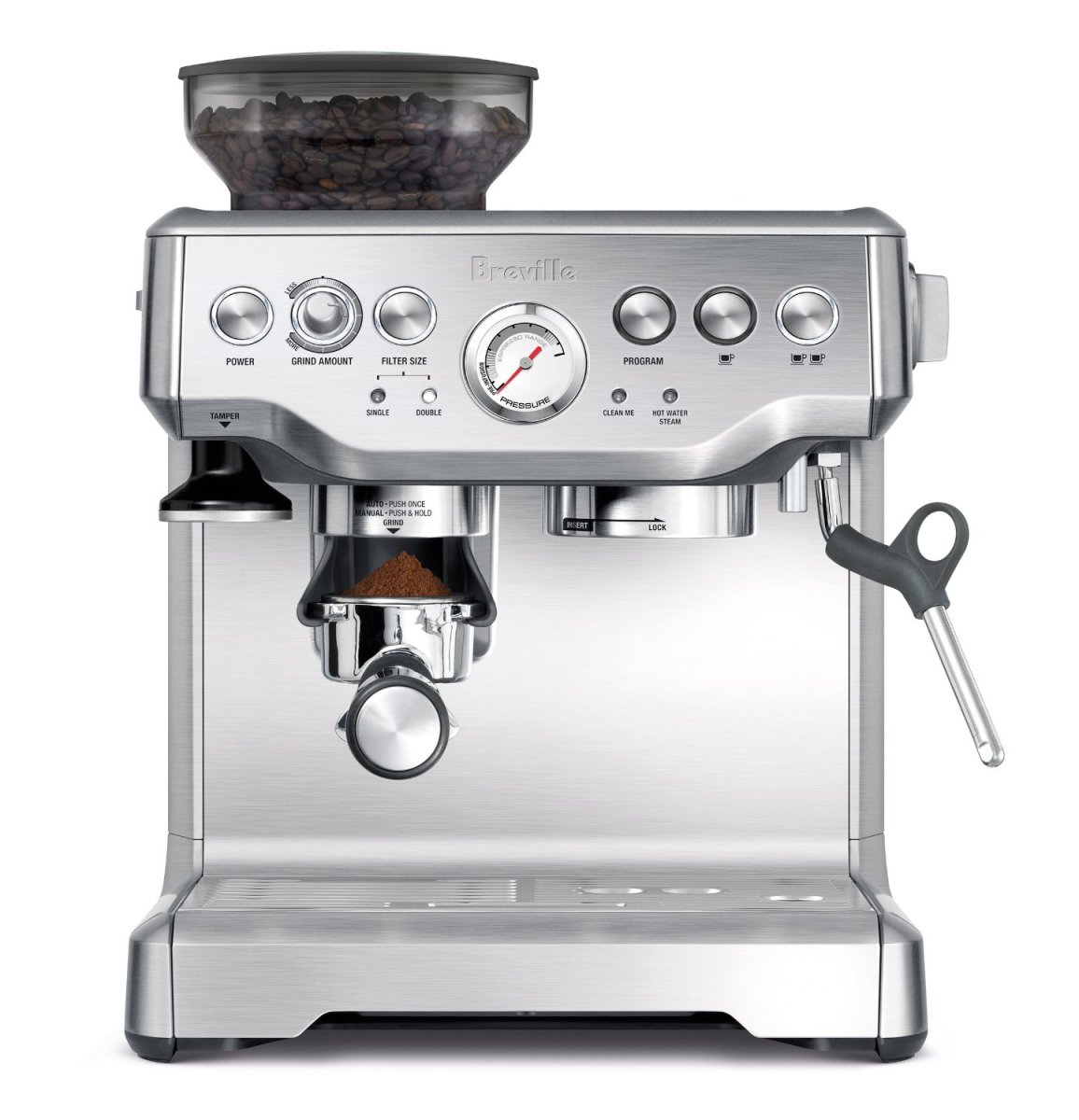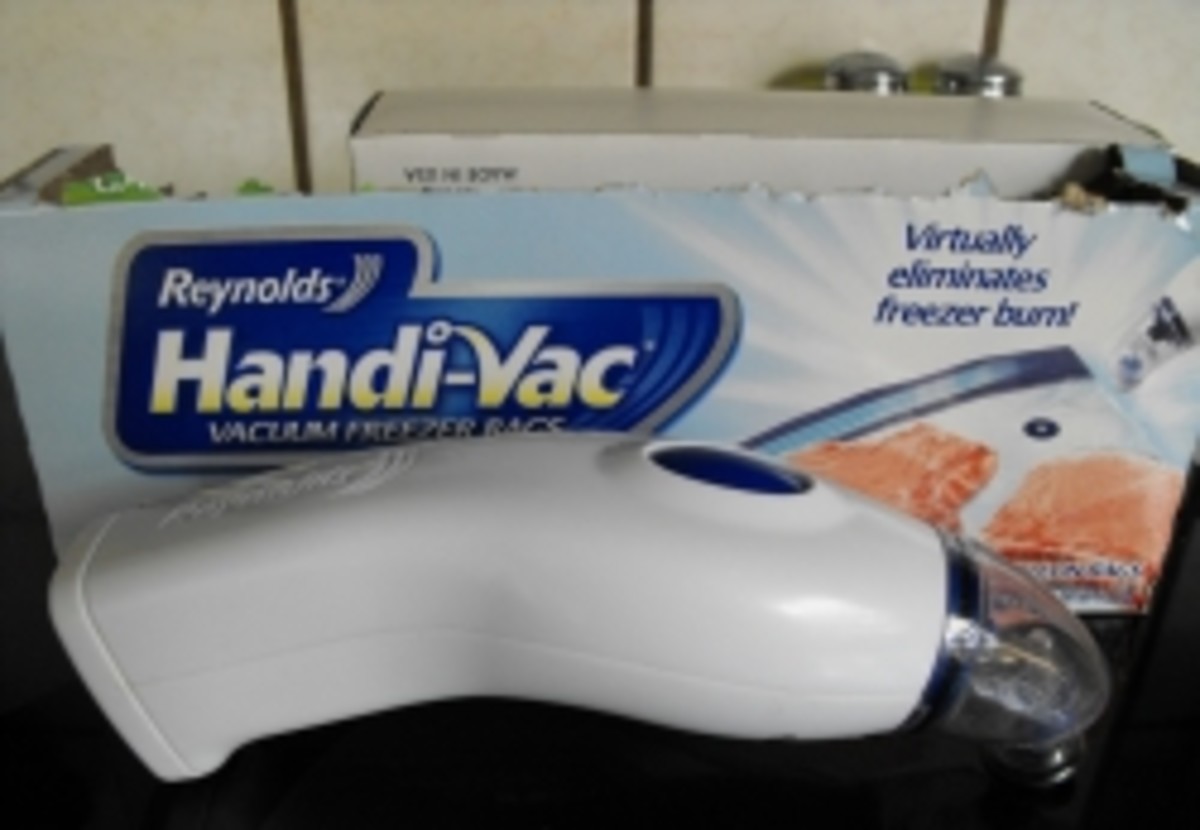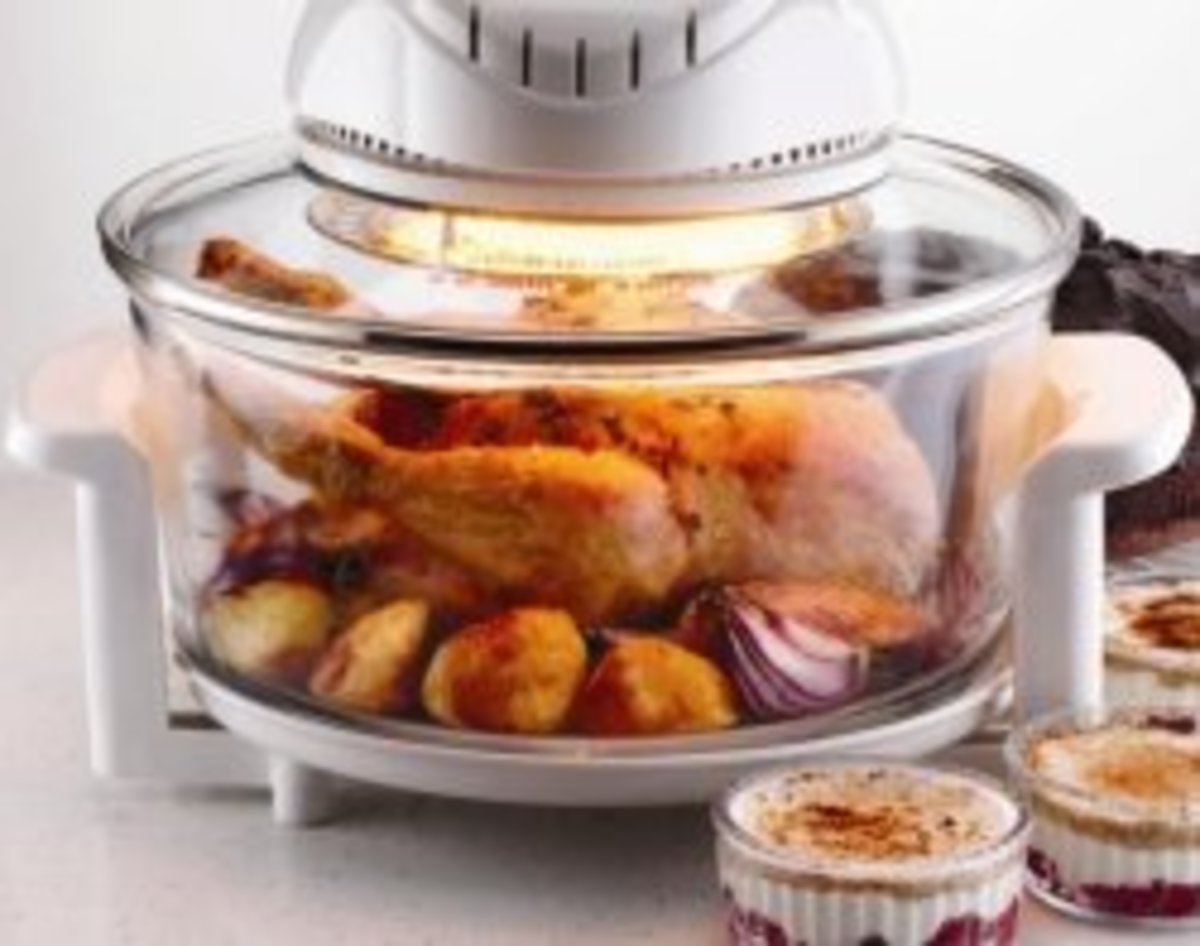- HubPages»
- Home and Garden»
- Home Appliances»
- Kitchen Appliances
Are Garbage Disposals the Best Way to Dispose of Food Garbage?
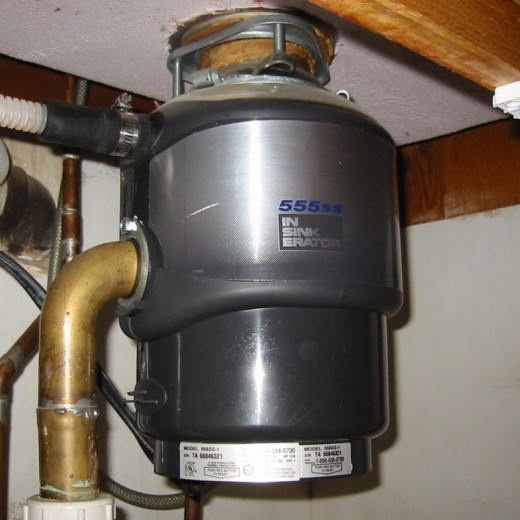
To dispose or not to dispose—that is the question. Down the under sink garbage disposal, that is. Do you ever have problems with your garbage disposal getting clogged? If you do and are looking for an article on unclogging disposals, this is not it. I have added links to some of those articles below. This discussion is about the practical and philosophical arguments of whether to put food garbage down the disposal.
We just moved into a new house one month ago, and have enjoyed having a garbage disposal in the kitchen. The previous house we lived in for 16 years was quite old and did not have a disposal under the sink, so we put all our food garbage in the trash, or at least, we tried to. Invariably, some food would find its way in the sink and would get through the stopper and eventually we would end up using bottles and bottles of Liquid Plummer to unclog the sink. I suspect the age of the plumbing in the house might have contributed to it.
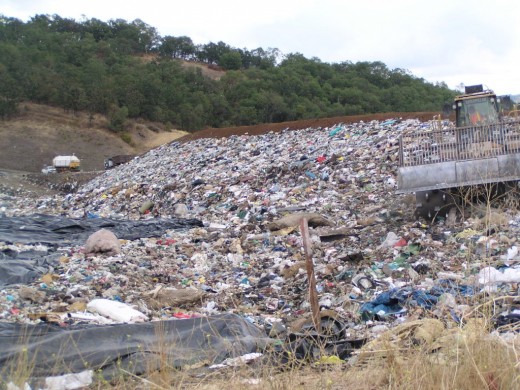
Well, yesterday our garbage disposal got clogged up and wouldn’t work. I really don’t think we were putting the wrong things down it (like watermelon rinds, bones and things like that). I grew up in a house that had a garbage disposal and I seem to remember putting most of our food garbage down it and I don’t have any recollection of problems with clogging.
The next morning unbeknownst to me (I had gone to church), my son did some research online about garbage disposals and tried to fix it himself. Not able to solve the problem after some time, he called his dad who is a handyman around the house, and his dad came over to help. When I got home from church, they were just finishing up the job. I asked what was going on.
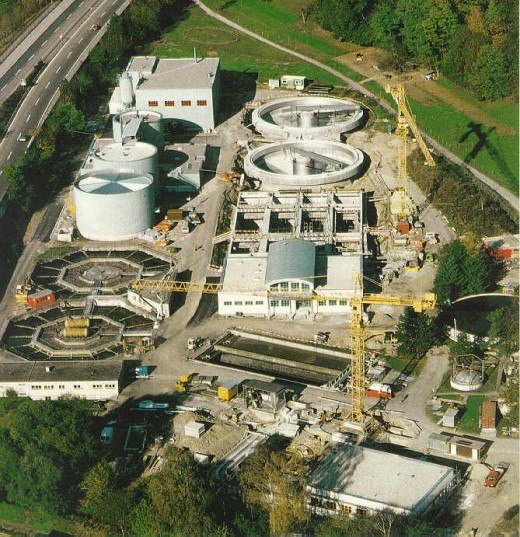
YOU can make money writing articles like this on HubPages
The man went off on a discourse about how garbage disposals are not really garbage disposals and should only be used for accidental spills. I was astounded by that assertion—a garbage disposal is not really a garbage disposal? Then what is it? I decided to do some research to see if it was true. So here it is:
First of all, there is controversy about whether garbage disposals are good for the environment. Some people say it is good because it cuts down on waste in landfills and the accompanying formation of poisonous methane gas. It can also cut down on the number of garbage trucks and sanitation workers needed as a result of less trash to pick up.
Another rationale supplied by proponents of garbage disposal use is that food waste is 70% water (the same as human waste) and therefore should be considered as water for waste treatment. Modern waste water facilities can create fertilizer products of solids and some advanced plants can create energy from the methane gas created by organic solids.
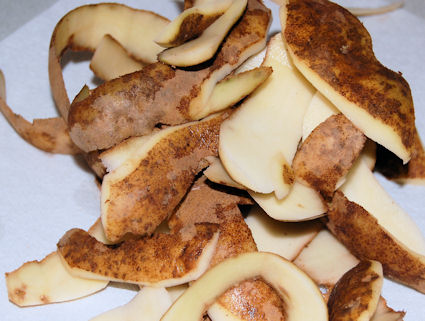
On the other hand, others say it is better to put food garbage in the trash because garbage disposals contaminate the waste water systems and the extra water required to run it is wasteful. It seems that food waste creates sludge that is difficult for water treatment plants to take care of, particularly in areas where the waste treatment methods are not the most modern. If one has a septic tank, this same sludge can build up and cause expensive repairs.
Then there are others that say food garbage should all be composted, but composting in winter months tends to attract rodents. In addition, cooked food is not supposed to be composted. Overall, though, the negatives for composting are less than those for the other methods of food disposal.

As far as what food should be put down a garbage disposal, most sources I found seemed to think it was normal to put food waste down the disposal but did mention some foods to avoid putting down which I was not aware of. I knew that large seeds, corn cobs, bones and watermelon rinds should not be put down the disposal. But I did not know that you should avoid putting grease down or potato peels. Apparently, the starch in potatoes can stick to the blades and cause them to jam.
The articles I read also said you should avoid putting foods down that can expand when filled with water such as rice, pasta, bread and quinoa because they can clog up the pipes. Another potential problem is foods that can twist and knot like banana peels, corn husks, celery, asparagus, carrots, leeks and artichokes because they can cause clogs.
Coffee grounds are also not recommended for putting down the disposal in large quantities though small amounts are OK. They have oil in them that can accumulate and clog.
An occasion fruit pit is OK because it can serve as an abrasive that helps to clean the walls of the pipe, but large quantities will dull the blades reducing the effectiveness of the appliance in the long run. Fruit seeds, however, should be avoided. The same applies to small bones, an occasion few will help but many will hinder.
So it appears the list of foods that should not be put in the disposal is rather lengthy. Some people might need to keep a list by the sink of what foods shouldn’t go down. Many would find this impractical.
So what conclusion should we come to? I conclude that many foods can go down the disposal but you have to be very careful about the ones that shouldn’t. This means you have one more thing you need to pay attention to when you are frantically trying to get that special meal put together for the guests. You also have to take care of the disposal by cleaning it regularly. If all this is too much trouble, then maybe it is easier to just put most food in the trash except for what happens to fall in the sink.
But it is not true that garbage disposals are not really garbage disposals. They just need to be used with knowledge and thoughtful consideration like any other appliance.
You needn’t feel guilty about using one though because there is no consensus about its overall impact on the environment.
I would really like to know what other households with garbage disposals do. Do you put all your food garbage down the disposal? Or do you put most of it in the trash and just use the disposal for scraps that fall unavoidably into the sink? If you do put the bulk of your garbage down the disposal, do you have problems with it getting clogged up?




